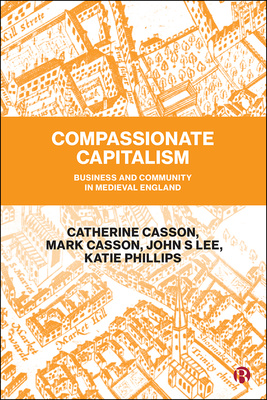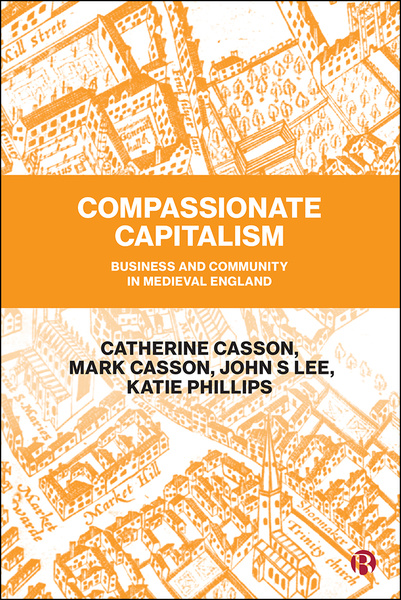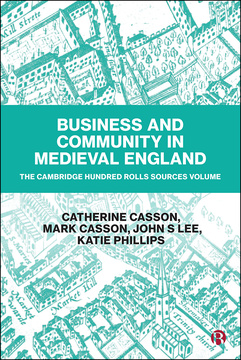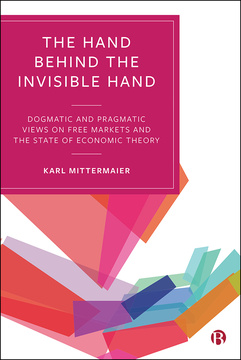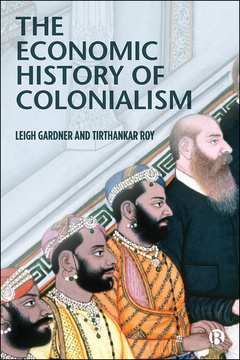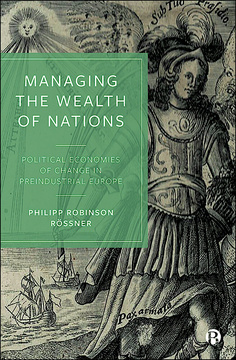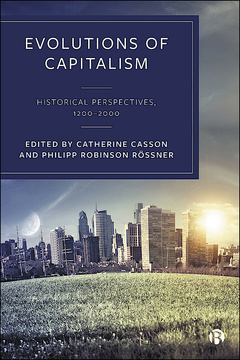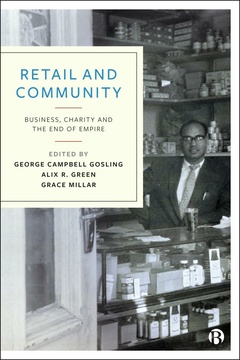Compassionate Capitalism
Business and Community in Medieval England
By Catherine Casson, Mark Casson, John Lee and Katie Phillips
Published
Apr 1, 2020Page count
400 pagesISBN
978-1529209259Dimensions
234 x 156 mmImprint
Bristol University PressPublished
Apr 1, 2020Page count
400 pagesISBN
978-1529209273Imprint
Bristol University PressPublished
Apr 1, 2020Page count
400 pagesISBN
978-1529209273Imprint
Bristol University PressIn the media
On our blog: Lessons from the medieval pioneers of social responsibility
'How compassionate capitalism flourished in medieval Cambridge' in The Observer
'Social Responsibility in History' in The Measure of Everyday Life
It may seem like a recent trend, but businesses have been practising compassionate capitalism for nearly a thousand years.
Based on the newly discovered historical documents on Cambridge’s sophisticated urban property market during the Commercial Revolution in the thirteenth century, this book explores how successful entrepreneurs employed the wealth they had accumulated to the benefit of the community.
Cutting across disciplines, from economic and business history to entrepreneurship, philanthropy and medieval studies, this outstanding volume presents an invaluable contribution to our knowledge of the early phases of capitalism.
A companion book, The Cambridge Hundred Rolls Sources Volume, replacing the previous incomplete and inaccurate transcription by the Record Commission of 1818, is also available from Bristol University Press.
"These two excellent works not only give an invaluable insight into our understanding of an important aspect of the early development of capitalism, but also shine a new light on late medieval Cambridge." The Local Historian
"Our knowledge of early capitalism is far from perfect. This book makes an important contribution to redress this situation, while also providing very valuable new information about medieval Cambridge and its territory." Guido Alfani, Bocconi University
“A novel and creative approach to the capitalism debate. The transcription and analysis of primary sources are valuable contribution to medieval and early modern social, economic and business history.” Claudia Jefferies, City, University London
"This study of the medieval property market in Cambridge, presented in the context of medieval capitalism and Christian charitable foundations, will be widely welcomed." Nick Mayhew, University of Oxford
Catherine Casson is Lecturer in Enterprise at Alliance Manchester Business School at the University of Manchester. Her publications include a co-authored book with Mark Casson on The Entrepreneur in History: From Medieval Merchant to Modern Business Leader (Basingstoke, 2013).
Mark Casson is Professor of Economics at the University of Reading and Director of the Centre for Institutions and Economic History. A Fellow of the British Academy, he has published extensively in the fields of the fields of economic history, international business, entrepreneurship and transport studies.
John S. Lee is Research Associate at the Centre for Medieval Studies at the University of York. His publications include Cambridge and its Economic Region, 1450-1560 (Hatfield, 2005).
Katie Phillips ihas completed an AHRC-funded PhD in Medieval Studies at the University of Reading.
Introduction
Dynamics of the Property Market
Economic Topography
Family Profiles
Family Dynasties
Cambridge and its Regional Environment
Legacy: Cambridge in the Fourteenth and Fifteenth Centuries
Conclusion







